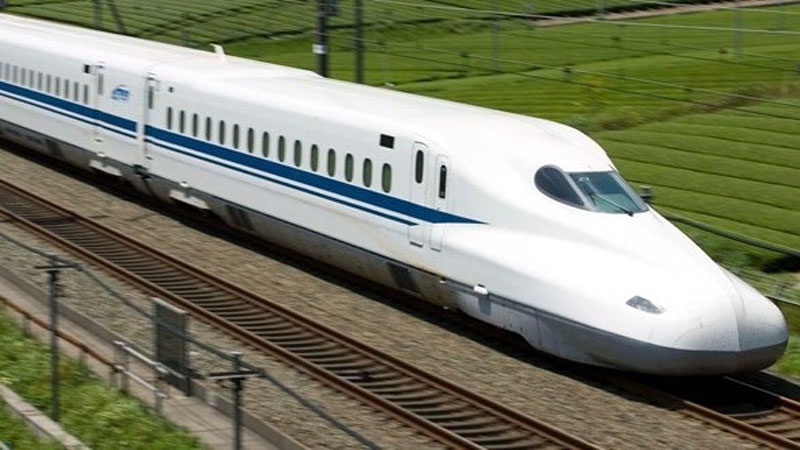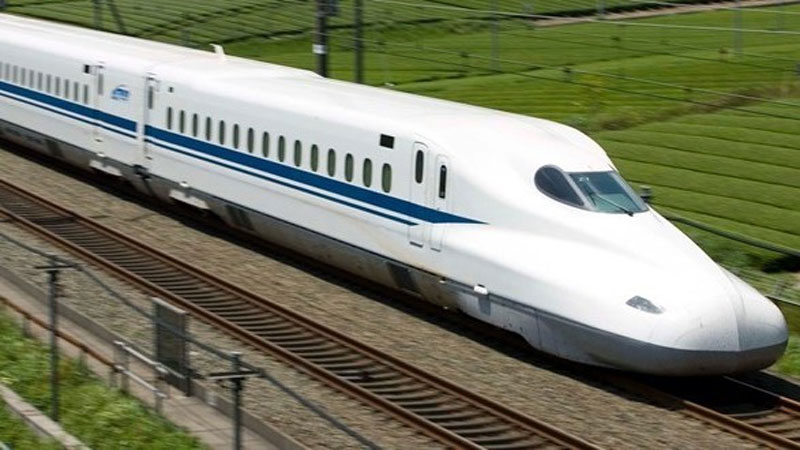



The construction of the North-South express railway is recommended to be made based on public investment or public-private partnership modes.
A group of state-owned consultancy companies, including the Transport Engineering Design Incorporation (TEDI), the Transport Engineering Design Incorporation in the South (TEDIS) and the Transport Investment and Construction Consultant Company (TRICC), suggested building a rail route of 1,545 kilometres running through 20 cities and provinces.
They said that 60% of the tracks will be on viaducts, 10% underground, and 30% on surface. The route will have double standard-gauge tracks of 1,435-mm, 24 stations, five depots and 42 maintenance facilities.
The route will be divided into three sections for separate investment and construction. Rail sections running from Hanoi to Nghe An province’s Vinh city (282.65 kilometres) and from Khanh Hoa province’s Nha Trang city to Ho Chi Minh City (362.15 kilometres) are planned to be constructed in the first phase, which is due to be finished by 2030.
Meanwhile, the section connecting Vinh city and Nha Trang city will be put into operation during 2030-2040 or 2045.
The construction is recommended to be made based on public investment or public-private partnership modes.
At first, the electric multiple unit (EMU) train will run at a speed of 200 kilometres per hour, and later will reach speeds of up to 320 kilometres per hour.